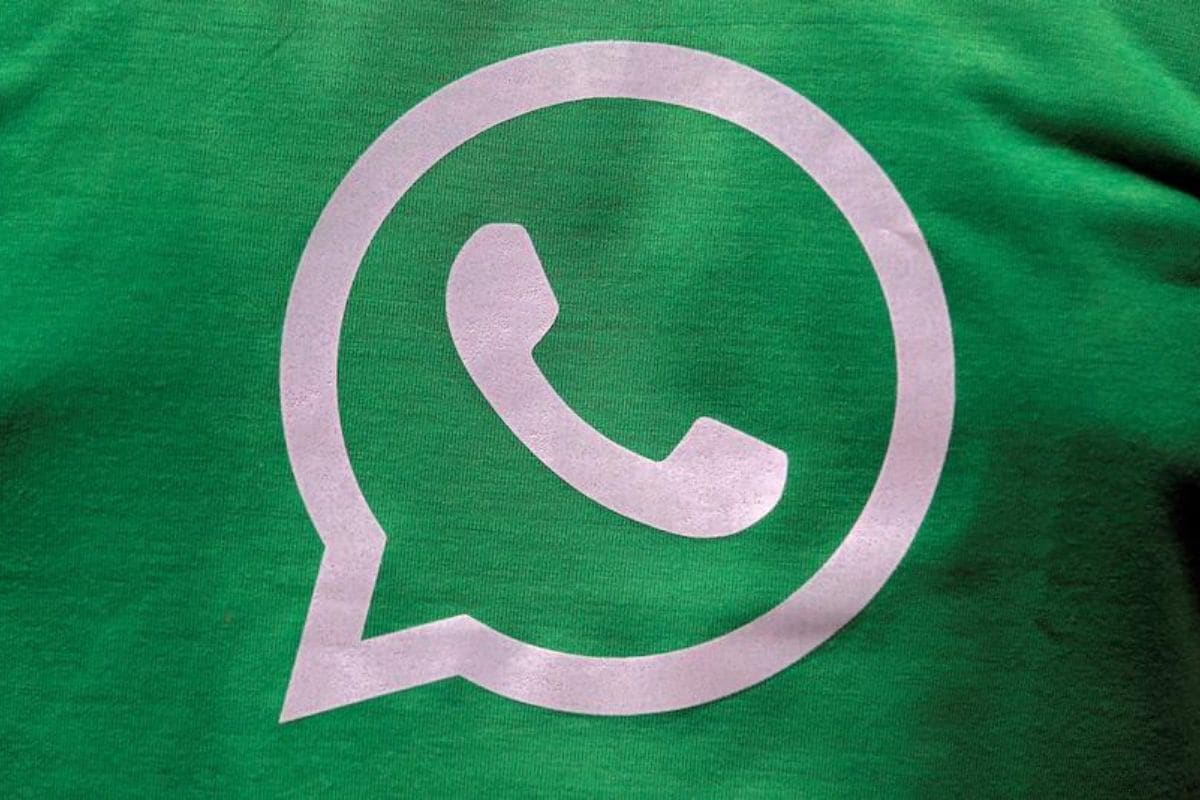The spread of misinformation on social media platforms like WhatsApp poses a significant challenge, potentially impacting individuals and society as a whole. Addressing this concern, WhatsApp, in collaboration with the Misinformation Combat Alliance (MCA), is introducing a dedicated fact-checking helpline aimed at combating the circulation of misleading content.
How will it work?
This helpline will function as a central hub for users to verify the accuracy of information received on WhatsApp. Users can flag suspicious messages within the app, triggering a response from a network of independent fact-checkers associated with the MCA. These fact-checkers will then analyze the flagged content and provide verified information or debunk the misinformation, directly responding to the user within WhatsApp.
Key benefits:
- Empowering users: The helpline equips users with tools to assess the validity of information they encounter, promoting responsible information sharing and fostering media literacy.
- Combating deepfakes: The platform specifically targets AI-generated misinformation and deepfakes, which can be especially deceptive and challenging to identify.
- Leveraging expertise: Collaboration with established fact-checkers ensures accurate and reliable information reaches users, countering the spread of harmful content.
Current stage and future outlook:
While the official launch date is yet to be announced, the helpline is currently under development and is expected to be available in multiple languages, including English, Hindi, Tamil, and Telugu. As with any new feature, its effectiveness will depend on user adoption and responsible flagging of questionable content.
Additional takeaways:
- While the helpline offers a valuable tool, individual vigilance remains crucial. Practicing critical thinking and verifying information from credible sources are essential online habits.
- Open communication and awareness campaigns can further encourage fact-checking and responsible content sharing within communities.
- This initiative signifies a positive step towards addressing the misinformation challenge on social media platforms, highlighting the importance of collaborative efforts between tech companies, fact-checkers, and users.




